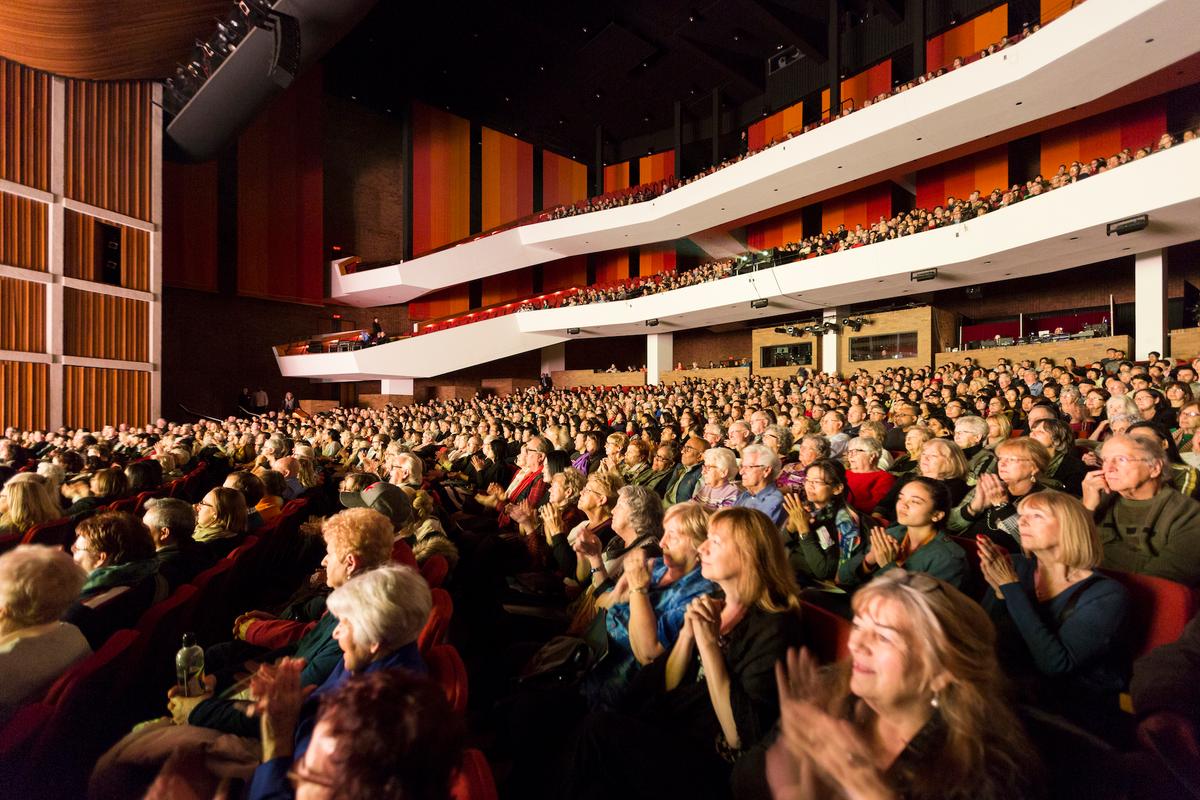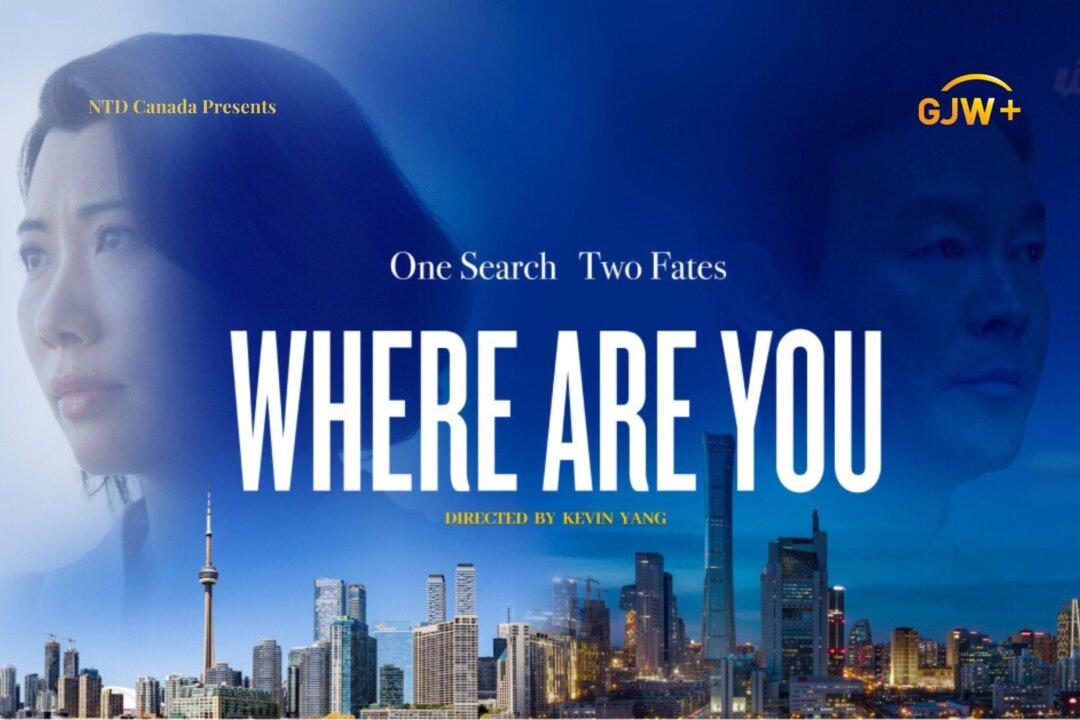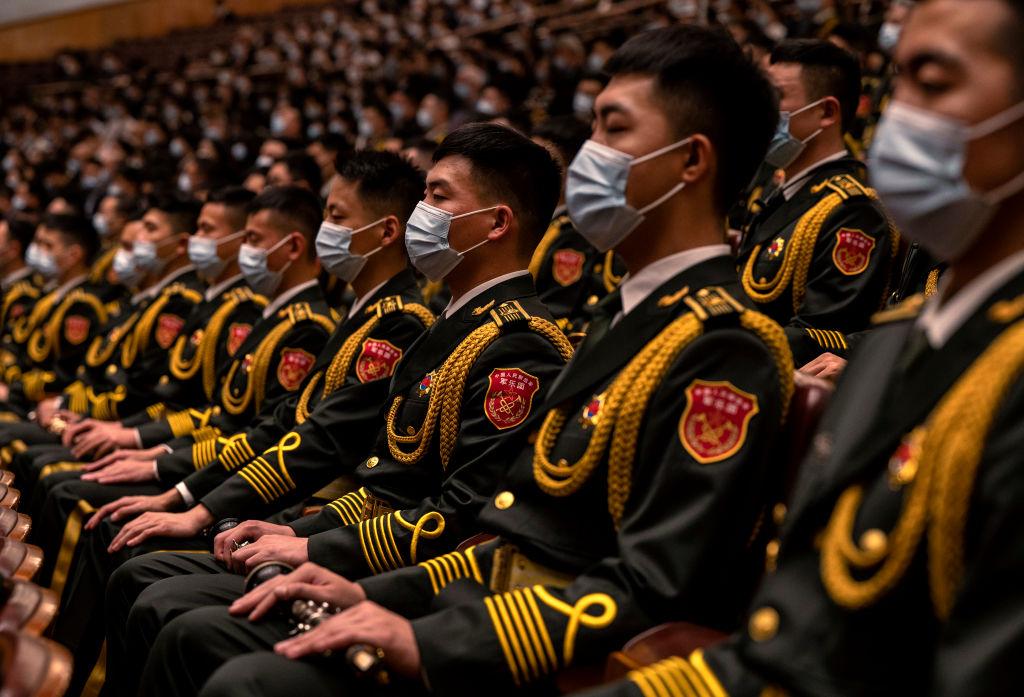At a time when many performing arts companies are struggling financially, Shen Yun Performing Arts completed its 18th global tour earlier in June, performing what it calls a historic run of 799 shows in 199 cities across 26 countries to an audience of more than 1 million people.
Shen Yun not only has to overcome the financial challenges the performing arts industry faces, but also the ongoing sabotage attempts against it by the communist regime in China. These include threats directed at theaters, performers, and family members in China, and warnings of economic and diplomatic reprisals in locations where Shen Yun performs. Additionally, there are issues with online disinformation and gross misrepresentations by various media outlets.
Performing Arts in the West
In the post-pandemic arts landscape, traditional performing arts such as ballet and classical music are under increasing pressure to remain financially viable.Australia’s largest performing arts companies, Opera Australia and the Australian Ballet, have each posted recent losses, despite receiving significant government grants.
What Sets Shen Yun Apart?
Shen Yun is a nonprofit organization established in New York in 2006. Its funding comes almost entirely from ticket sales and limited donations, not government grants or corporate sponsorships.It is audience appreciation and support that allows Shen Yun to grow and be successful. More and more people want to experience what Shen Yun presents.

Shen Yun’s mission is to revive traditional Chinese culture, which has been decimated by the impact of communism in China over more than 70 years, and share these inspirational stories with the world.
The traditional values displayed on stage are not an act—performers aim to embody these principles each day. Most artists practice Falun Gong, also known as Falun Dafa, a spiritual practice with teachings based on the principles of truthfulness, compassion, and forbearance.
After being introduced to the Chinese public in 1992 by Mr. Li Hongzhi, Falun Gong grew exponentially, with at least 70 million people practicing by decade’s end, according to official estimates.
Media, Negativity, and Truth
Negative media reporting in the United States is part of Beijing’s campaign, leaked from its security apparatus, to try to turn American society and the U.S. government against Shen Yun and Falun Gong.Media outlets that intentionally publish sensational, one-sided articles attacking Shen Yun and Falun Gong ignore the harmful impact of such efforts on millions of practitioners, including those suffering persecution in China.
Psychological research has identified an inherent negativity bias in human beings. It relates to survival mechanisms developed thousands of years ago, where identifying danger or negative threats was essential and could be a matter of life or death.
The impact of negativity bias on our decision-making is well understood in the media and politics today. Negative news draws greater attention and can be perceived as believable or truthful. Negative information can lead people to vote against a candidate.
CCP’s Fear of Shen Yun
The CCP knows it does not have the support of the will of the Chinese people. In transforming itself from a “revolutionary” to a “ruling” party, it has killed tens of millions of people in its drive to replace traditional Chinese culture with communist culture.
Communism and Secularism
Some Western media seem to take their reporting cues from the propaganda used by the CCP to demonize and persecute Falun Gong. There is nothing “Chinese” about the Communist Party. It has been an invasive form of foreign interference in China since 1921, and, like a pandemic, it has contaminated China and the world with its Marxist–Leninist ideology, which declares that religions are human creations and denies the possibility of life after death and the existence of God or a Creator.Over the past 50 years, the importance of religious belief has declined in the West, accompanied by a rise in secular thought. While secularism provides for the reasonable separation of church and state, it can also include philosophical elements that reject religion and align with communist atheist ideology that interprets life solely through a focus on the material world.
Shen Yun’s Universal Appeal
Archbishop Makarios Griniezakis, head of the Greek Orthodox Church of Australia, saw Shen Yun perform in Sydney in February and was moved to write to Shen Yun in appreciation.
“This testimony of cultural and spiritual revival is not only paramount for the people of China, but it sends a pertinent message to the whole world.
“It is through the artistic exploration of faith, love, hope, and unity that the audience is able to contemplate such virtues ... which the contemporary world seeks not only to deny but to systematically reject.”
The message of hope and kindness that Shen Yun brings to the world is a universal blessing; its audiences truly appreciate it, regardless of their political or religious orientation. There is nothing the CCP can do to stop that momentum.







